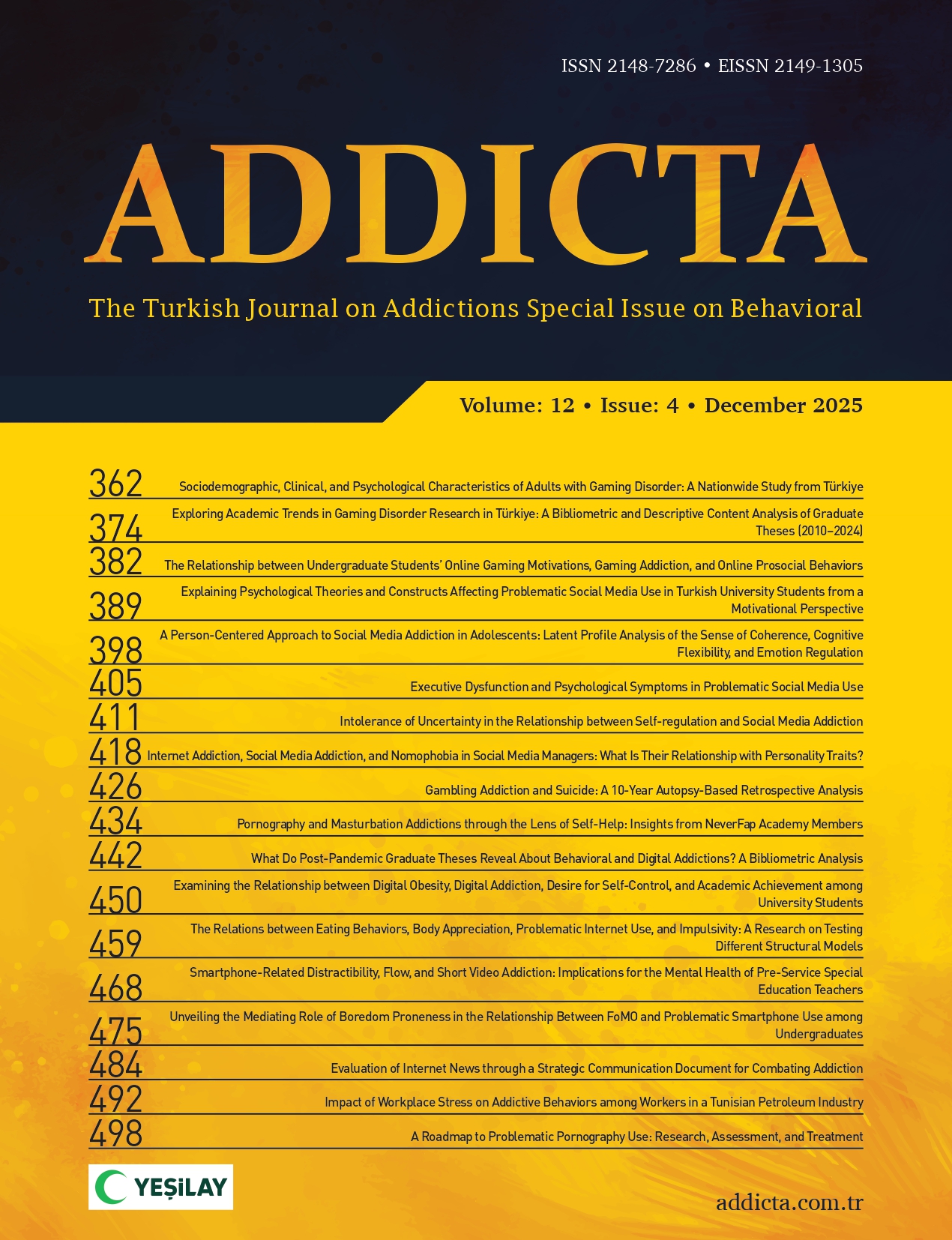Abstract: This cross-sectional study examined the physical and mental health outcomes of individuals who use electronic cigarettes. Data were collected using an online survey incorporating the Personal Information Form, CES-Depression Scale, and SF-12 Quality of Life Scale. SPSS 25.0 software was used to evaluate the data and produce descriptive statistics. An independent sample t-test, one-way ANOVA, and logistic regression analysis were applied to the analysis. The mean age of the participants was 38.85 ± 13.82 while 56.7% used only e-cigarettes. The physical quality of life scores of those using e-cigarettes 20 times a day or more were significantly higher, while the depression scores of those using e-cigarettes 1–10 times a day were significantly higher (p < .05). Regarding physical problems, the participants most frequently reported painful dry mouth and throat (35%), cough (30.8%), and/or headache (28.3%). Regarding physiological functions, the participants mostly reported poor taste (9.2%), sleep quality (9.2%), and mood (8.3%). Nicotine concentrations of 13 mg and above were associated with poorer taste (p = .044), general physical condition (p = .008), mood (p = .004), sleep quality (p = .044), and appetite (p = .041). The findings indicate that the public needs greater awareness about the health hazards of e-cigarettes.
Cite this article as: Kutlu S., Adıbelli D. & Mermer, G. (2024). Physical and mental health outcomes in electronic cigarette users: A cross-sectional study. Addicta: The Turkish Journal on Addictions, 11(1), 1-7.

.png)

.png)
.png)
